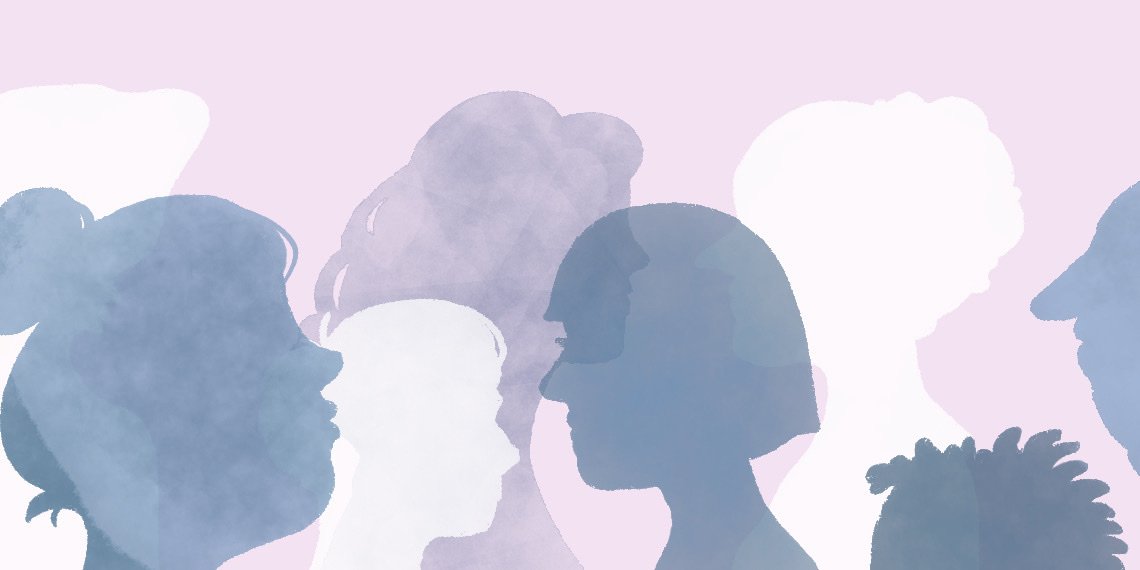Addressing mental health issues in the workplace is a complex issue with no single solution, but a growing number of companies are implementing programs to train employees to essentially become hall monitors for mental health.
Major companies like Delta, Lululemon, and IKEA have implemented Mental Health First Aid training, programs that teach employees how to spot mental health or substance use issues in coworkers and direct them to appropriate resources.
“Mental health first aid isn’t just about suicide prevention, it’s about changing the way we talk about and respond to mental health issues and substance use issues,” said Tramaine El-Amin, vice president of mental health first aid at the National Council on Health and Wellness.
The focus on mental health in the workplace has increased during the pandemic and continues to be a trend as employers realize the impact on their roles and performance. According to a Gallup report, employees with poor mental health are four times more absent from work than their mentally healthy counterparts, and more than half of employees say they don’t have easily accessible services.
“The culture is changing and companies are realizing that addressing mental health is not only the right thing to do, but that it’s essential to talent recruitment, reputation and retention,” said Cathy Pike, CEO of One Mind and One Mind at Work.
While the stigma around discussing mental health concerns in the workplace is easing, Mental Health First Aid training is a nearly 20-year-old program aimed at providing someone to talk to in confidence.
While personnel at all levels can take some of the training, certain people are designated as mental health first aiders after completing a one-day course that qualifies them “just like CPR,” EL-Amin said. Designated mental health first aiders are not supposed to act like counselors or therapists and are not there to give advice.
“The difference between giving advice and reassurance or information is that the information is evidence-based, it’s proven, it’s coming from a trusted source. And we’re not there as clinical experts, we’re teaching people how to navigate these spaces, learning the next appropriate steps to take, knowing what’s within our scope of expertise,” El Amin said.
Kate Spade New York began offering the training to its in-house staff about five years ago as part of a stronger mental health initiative after its founder died by suicide. This year, it expanded the training to all retail employees with a condensed, two-hour online version of the course. So far, more than 100 employees across the organization, including the CEO, have been trained as Mental Health First Aiders, according to Taryn Bird, senior director of philanthropy at Kate Spade New York. Mental Health First Aiders can identify concerns or employees can self-report through an online platform used by the company.
“We were really interested in making sure our team had the language and terminology to bridge the conversation around mental health and promote mental health resources,” Bird said.
“We now have a group at our brand that is really understanding of the needs, the tools and resources, and how they’re being received,” she said. Feedback from employees has been overwhelmingly positive, and Bird said the program has helped reinforce the brand’s commitment to employee mental health.
Many conversations about mental health are left to management, with some organisations requiring all managers to be certified in mental health first aid, El Amin said.
“Most managers are mental health illiterate and therefore don’t recognise the signs that someone may be suffering from a mental health issue, and even when they do recognise that something is wrong, they often don’t know how to have a constructive conversation about mental health or feel resistant to the conversation,” Pike said.
“We often say to go to HR for everything, but HR can’t be everywhere all the time,” El-Amin says, “So we really want to empower managers, leaders, individuals to understand that when a mental health issue becomes apparent, when it becomes a crisis, what do we do, where do we go, how do we identify that, understand that, respond to someone who may be having a mental health or substance use issue in the workplace, and how can we really step in and stay in the loop and connect them to resources.”
“Mental health first aid isn’t just about suicide prevention. It’s about changing the way we talk about and address mental health issues and substance use issues,” she said.



